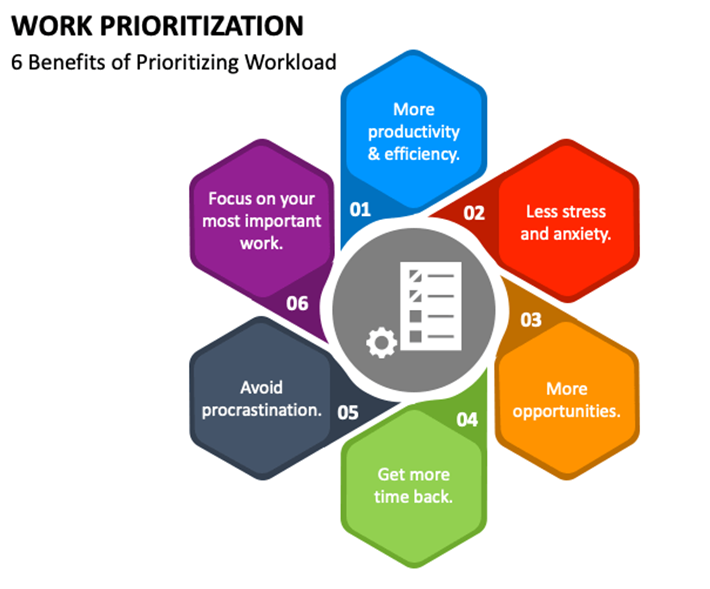How to Structure and Organise Your Assignments Effectively
Students have usually been found to be overwhelmed with numerous assignments and deadlines. Thus it becomes essential to develop effective strategies in structuring and organising the daily assignments to ensure productivity, reduce stress and achieve better results. The blog aims to provide valuable insights and practical tips on how to structure and organise your assignments effectively, thereby enabling you to stay on track and achieve the desired goals with ease.

Assignment structure Tips
Understand the Assignment
One of the most important steps in organising assignments effectively is to have a thorough understanding of the task at hand. Always take enough time to read the assignment instructions carefully, highlighting the required activities. In the case of any doubts, never hesitate to seek clarification from your instructor. Now, one can proceed with clear focus and avoid unnecessary rework.

Create a Timetable
Creating a timeline is a proven method which can be incorporated into managing assignments efficiently. Proceed by fragmenting the assignment into smaller and more manageable tasks. This will contribute to the identification of milestones and help you assign definite deadlines to each task based on priority and complexity. Keep in mind that the estimation of the time is realistic for each section, thereby achieving them becomes easy.

Use an Assignment Planner
An assignment planner can be one of the most appropriate practical tools that can enhance your organisation and time management skills. A physical planner, i.e., an online calendar, works best to track the deadlines, important dates and significant milestones for each assignment. Leverage the use of colour coding, which will help to differentiate between different subjects or types of tasks. Moreover, in the case of digital tools, you can also employ the use of reminder and notification features offered to stay on top of the assignments.

Gather Relevant Resources
Effective assignment organisation further implements gathering required resources and materials before you commence your work. Several resources include textbooks, research papers, scholarly articles and online resources. Collecting these resources beforehand will reduce distractions and interruptions in the writing process, thus allowing one to concentrate solely on the assignment.

Prioritise and Allocate Time
Not all assignments indeed hold the same level of importance and urgency. Organise workload effectively by prioritising assignments based on the given deadlines, significance and the required effort. One can opt to allocate more time for complex ones or high-priority tasks while also keeping in mind to have enough time for revisions and proofreading. Always consider taking a break after finishing the assignment; then, revisit it with a fresh mind. Now, check for grammar and spelling errors for clarity of ideas, logical progression and compliance with formatting guidelines

Thus it can be said that structuring and organising your assignments effectively is important to have success in it. Understanding the assignment, creating a timeline, using an assignment planner, and breaking down the tasks, can help streamline workflow and reduce stress. Never forget to allocate time for proofreading to ensure work is of the highest quality. If you follow these practical tips, you will be able to improve your productivity, time management skills and eventually achieve better outcomes.




